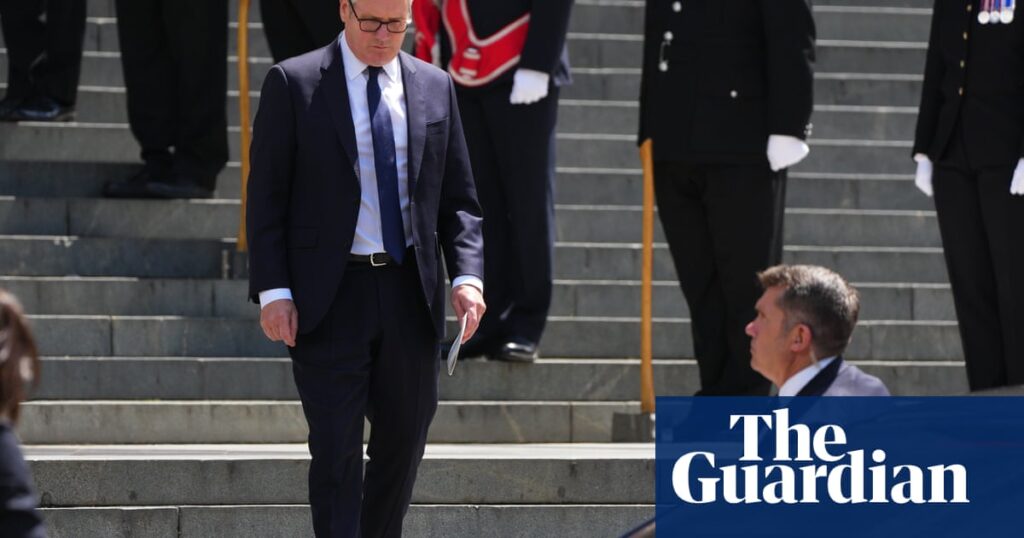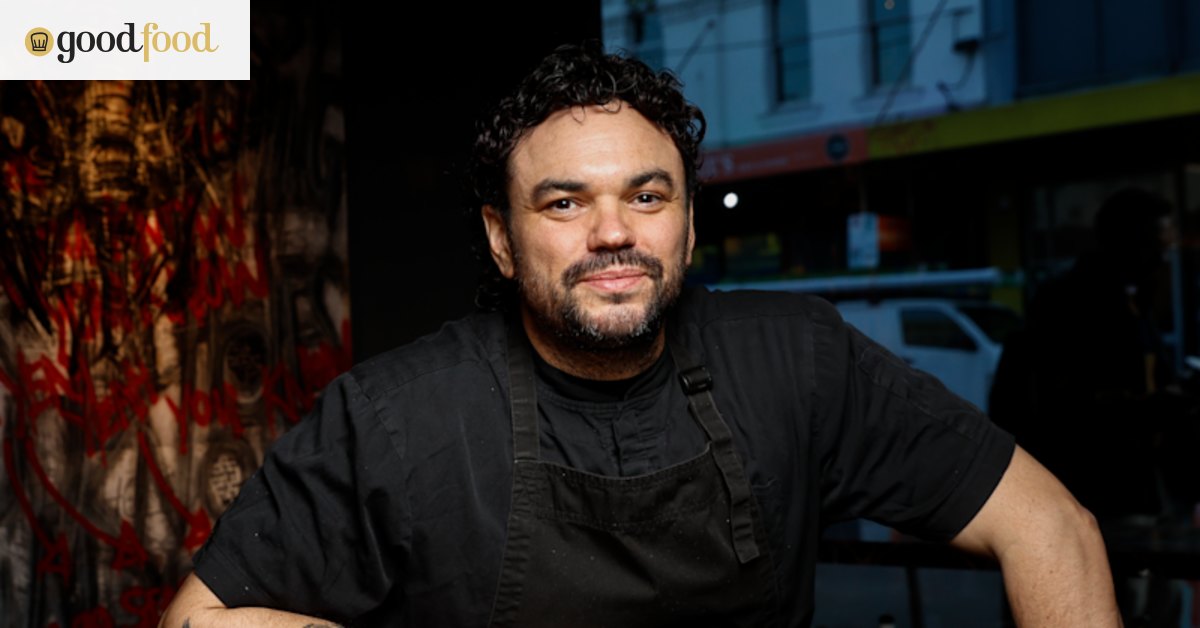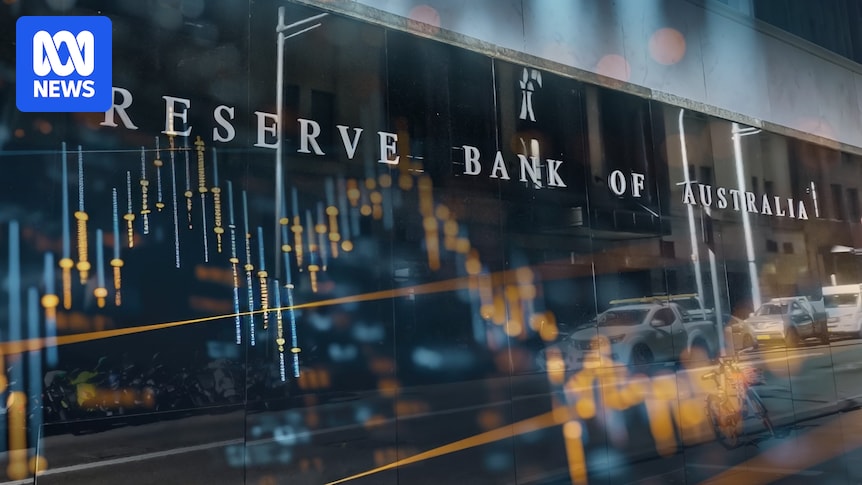
The Prime Minister and the Duke and Duchess of Edinburgh joined survivors and emergency workers at St Paul’s Cathedral to mark the 20th anniversary of the 7 July London bombings. The solemn event commemorated the tragic day when four coordinated attacks on three tube trains and a double-decker bus claimed 52 lives and injured several hundred others, marking the worst single terrorist atrocity on British soil.
Alongside Keir Starmer and the royal family at the commemorative ceremony were Sadiq Khan, the Mayor of London, and the Home Secretary, Yvette Cooper. Survivors, emergency responders, and bereaved relatives gathered to pay their respects. The ceremony began with Starmer and Khan laying wreaths at the 7 July memorial in Hyde Park at 8:50 am, the exact time the first bomb detonated.
Remembering the Fallen and the Resilient
Officials including the Metropolitan Police Commissioner, Mark Rowley, and the Chief Constable of the British Transport Police, Lucy D’Orsi, also laid floral tributes. During the memorial service, survivors and relatives of those killed in the bombings shared their reflections on how the affected areas have transformed over the past two decades. Four candles, representing the bombing sites—Russell Square, Aldgate, Edgware Road, and Tavistock Square—were carried through the cathedral by emergency services representatives.
Ellie Patsalos, wife of Prof. Philip Patsalos, who lost a leg in the blast between King’s Cross and Russell Square stations, spoke about the history of Russell Square. She remarked,
“Here, men and women seek understanding and their search for truth challenges the ignorance which casts so much darkness over our world.”
Voices from the Past and Present
Tony Silvestro of the British Transport Police, who assisted survivors at Aldgate station on 7 July, reflected on the area’s evolution. He noted,
“Now, it is a busy crossroads of business and commerce with people of all faiths and none, trading and dealing with the rest of the world.”
Rev. Julie Nicholson, whose daughter Jennifer was among the victims, highlighted Edgware Road’s rich ethnic history, describing it as “cosmopolitan and proud of its ethnic mix and diverse resources.”
George Psaradakis, the driver of the number 30 bus attacked in 2005, spoke about Tavistock Square and its memorials dedicated to victims and campaigners, including Gandhi. In between these poignant reflections, the choir offered musical interludes, adding to the solemnity of the occasion.
London’s Spirit of Hope and Resilience
Graham Foulkes, father of David Foulkes who perished at Edgware Road Station, emphasized the enduring spirit of London. He stated,
“These four pieces of London epitomise what is great about this city: an international crossroads of diversity and ingenuity, tolerance and respect, challenge and opportunity.”
He continued,
“When four bombs exploded on 7 July 2005, lives were destroyed and the flame of hope faltered for what seemed like an eternal moment. For many people, nothing was the same again and yet everything was the same because the good which is in Londoners and the countless visitors whom they host at any given moment is not erased by hatred or threat but, rather, is fostered to produce a harvest of hope for each generation.”
Looking Forward: Lessons and Legacy
The anniversary serves as a reminder of the resilience and unity that emerged in the aftermath of the attacks. It highlights the ongoing journey of healing and the importance of remembering those who were lost. As London continues to evolve, the memories of 7 July 2005 remain a poignant chapter in its history, underscoring the city’s commitment to peace and understanding.
The service at St Paul’s Cathedral was not just a commemoration of past events but also a call to action for future generations to uphold the values of tolerance and unity. As the city moves forward, the legacy of those who suffered and those who responded with courage and compassion will continue to inspire.






